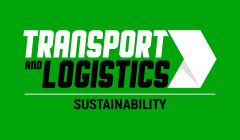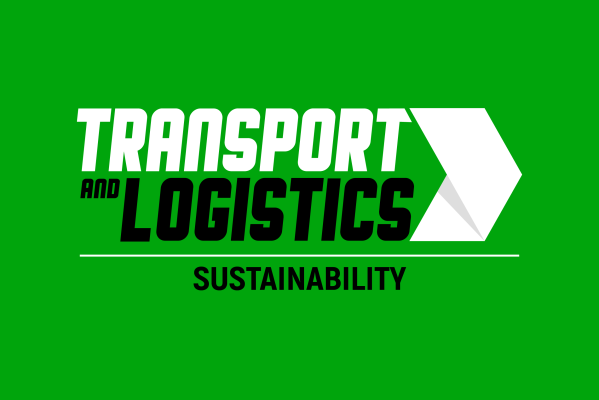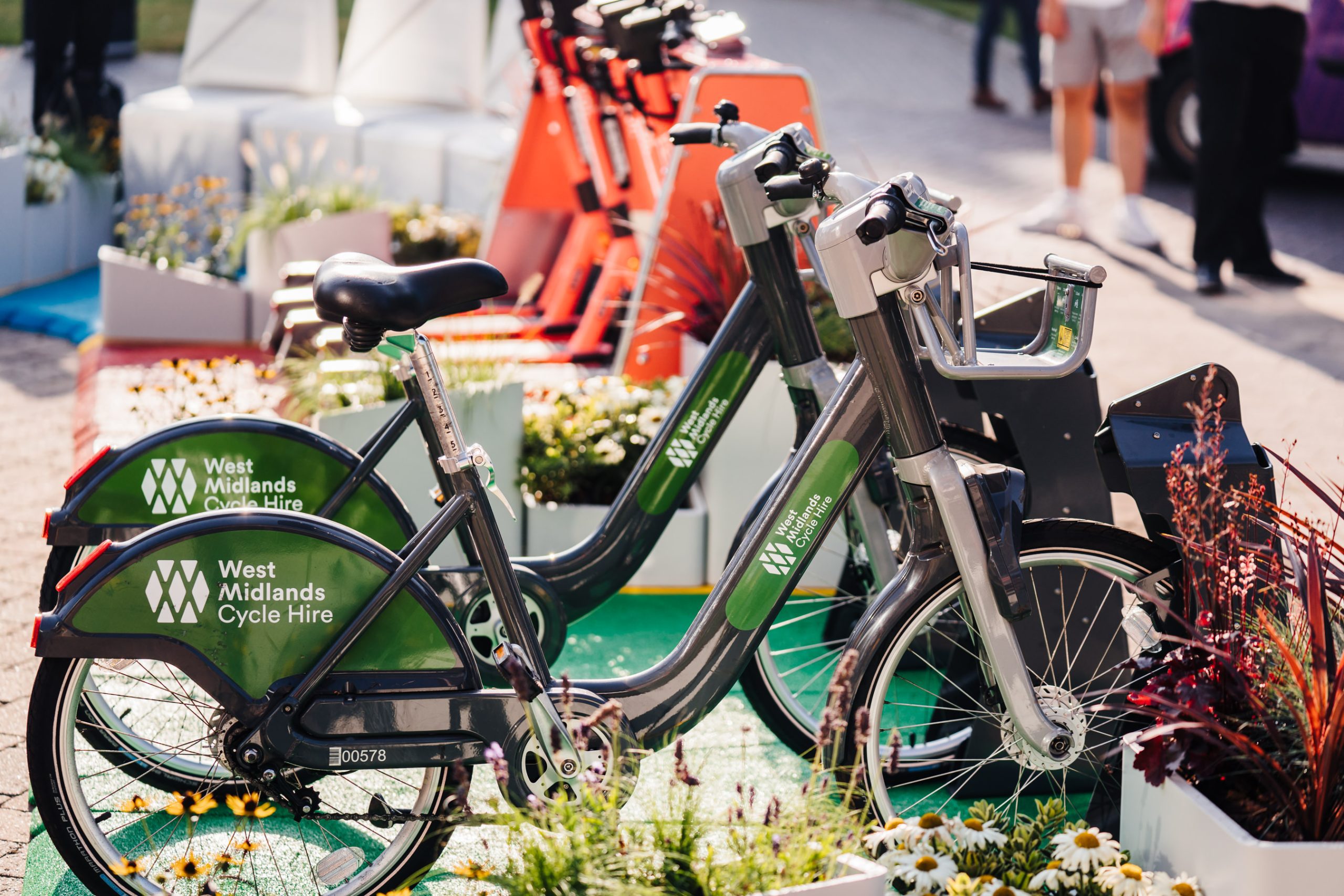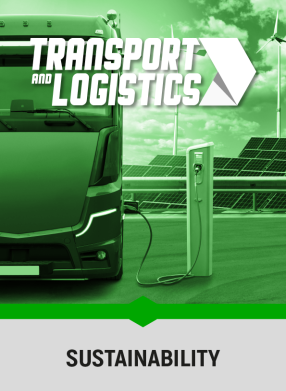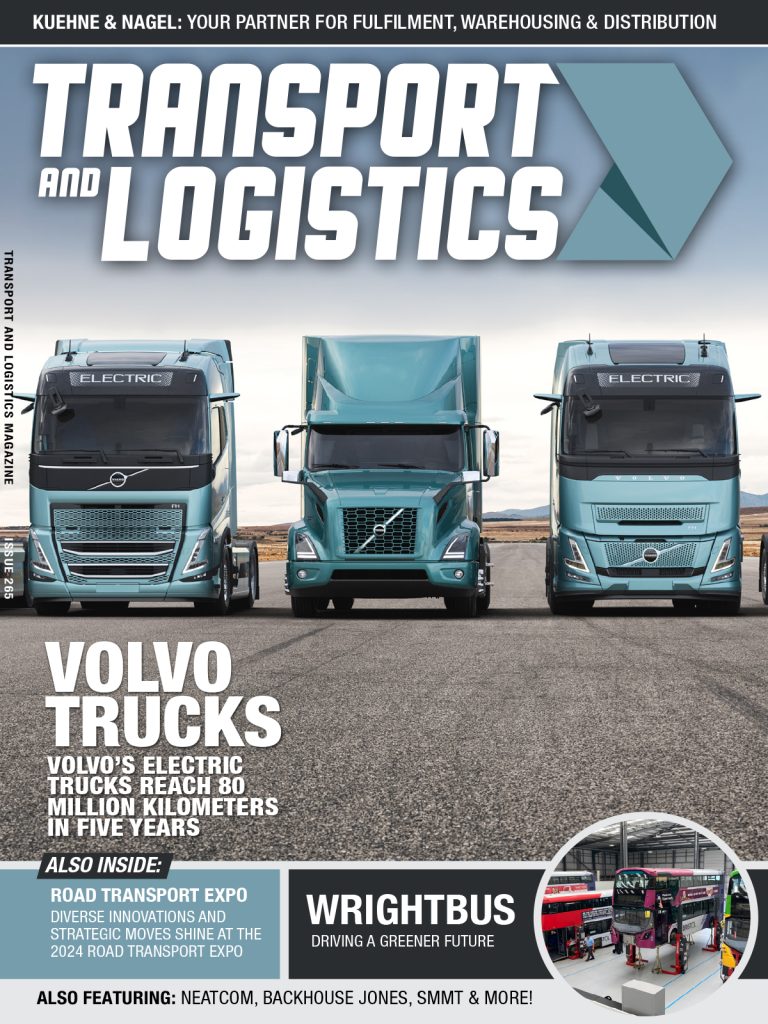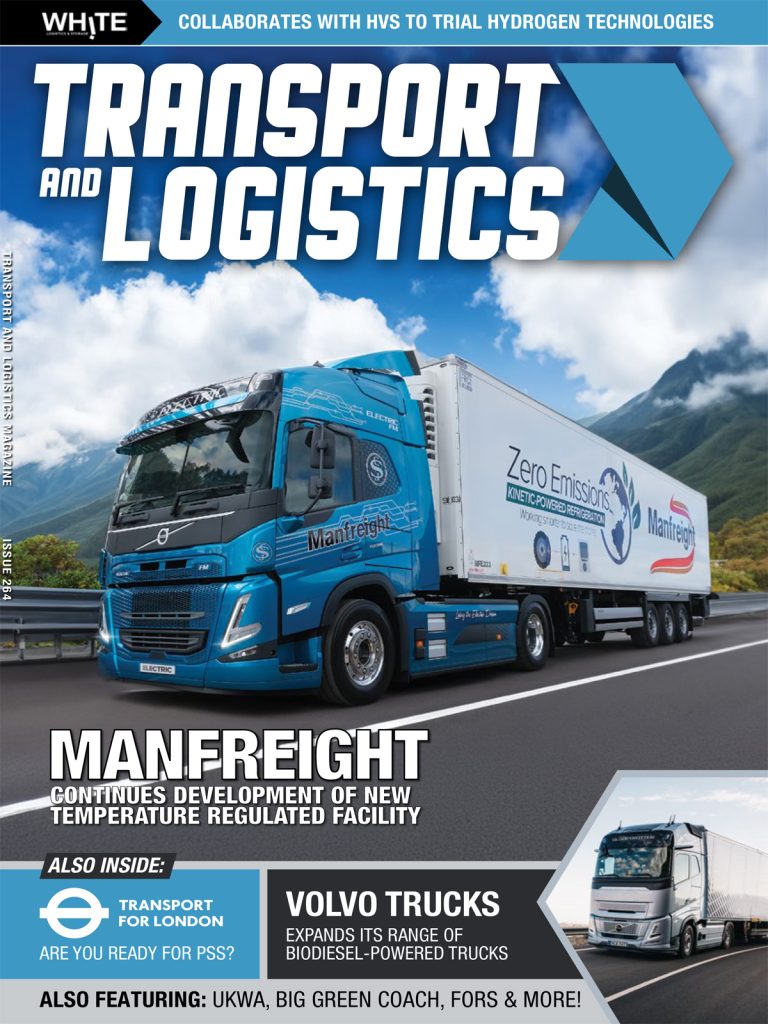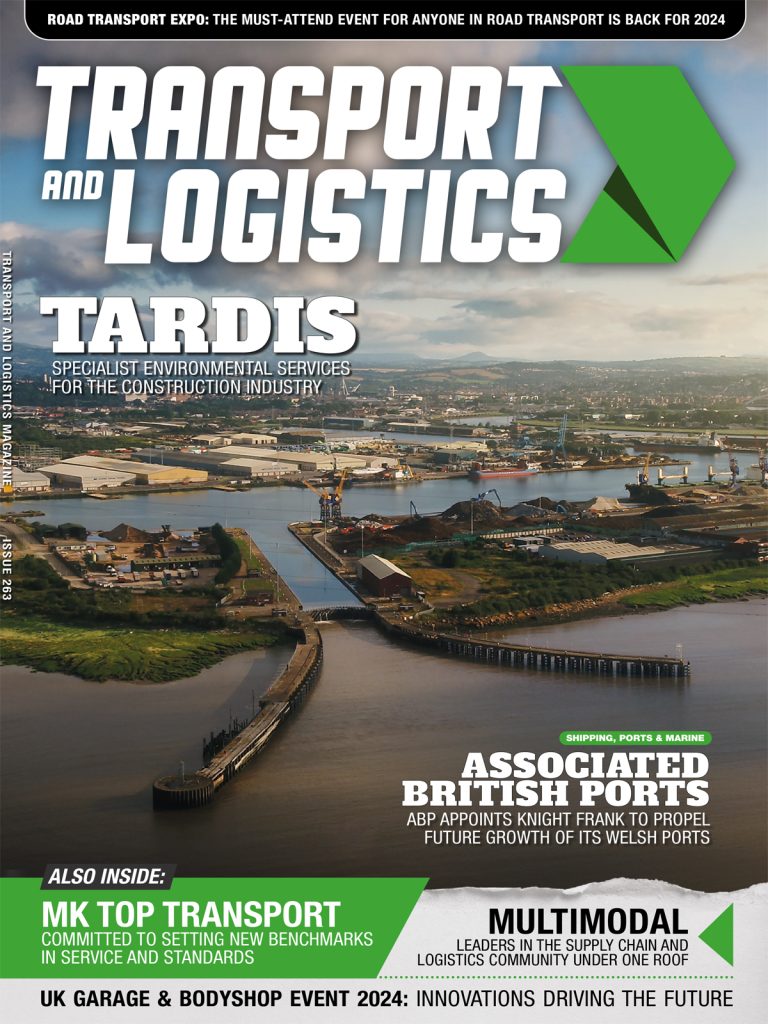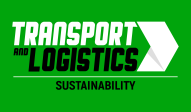Micromobility refers to small lightweight efficient vehicles, which can be used to make short distance journeys. Types of micromobility vehicles we could see in our communities include bikes, hover boards, e-bikes and e-scooters. They can be used to save time, avoid congestion, remove parking conundrums and most importantly they use much less energy than a car, therefore contributing towards the Government’s zero-carbon goals.
The future of micromobility is incredibly topical, and to bring together all aspects of it WMG, at the University of Warwick, hosted the UK’s first live micromobility event, bringing together manufacturers in the micromobility sector, regional transport authorities; city councils and local authorities; Government agencies; research organisations and more.
“Despite progress on electrification, transport emissions are actually increasing; Micromobility is essential if we are to achieve net zero emissions from this sector. With around 70% of journeys in the UK under 5 miles, Micromobility vehicles can have a huge impact on our emissions. They use typically 5% of the energy of an Electric vehicle to make trips, and their manufacture is also significantly less carbon-intensive,” said Programme Director John Fox, from WMG, University of Warwick.
“There are many other benefits Micromobility offers too, including air quality improvements, greater footfall in highstreets, and taking up much less space than a car to move the same number of people which releases more space in urban areas for other things.
“The conference touched on many of the key issues, including how to make Micromobility safe, accessible, integrated and attractive to new users, and highlighted the need for coordination between government, local authorities and industry. WMG announced our ‘UK Micromobility roadmap’ to support this coordination, being developed with Cenex and being progressed through consultation and workshops sessions over the next six months, so watch this space!”
The event not only saw the demonstration of many new exciting and existing micromobility vehicles from e-scooters to e-cargo bikes, but also outlined the opportunities for the UK to lead this sector in battery development and recycling, human factors and behavioural change, materials development and more.
“As a leader in the electrification of transport, WMG, University of Warwick, is at the forefront in the development of high-quality, safe Micromobility vehicles. We are conducting trials with vehicle and infrastructure manufacturers on the Warwick campus, and supporting testing and development of new vehicles and systems in our labs. We’re also working closely with our local and regional authorities to make travel to and from our campus more sustainable, which includes supporting commutes by Micromobility with improved infrastructure and facilities on arrival,” added Margot James, Executive Chair of WMG, University of Warwick.
It was also an opportunity to address the challenges the sector faces particularly around lack of infrastructure, policy and regulation.
